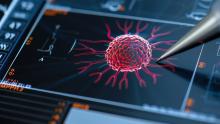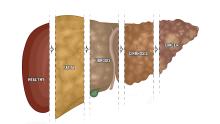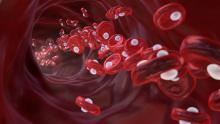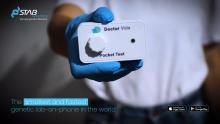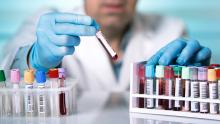A new device can sift blood to find cancer – or recruit immune cells for personalised therapy
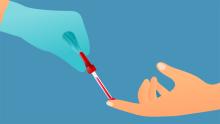
Metastasis is responsible for over 90 % of cancer-related deaths. Yet little focus has been placed on the elusive cells responsible for spreading the disease, which circulate through the bloodstream, making identification and analysis challenging. The EU-funded SCALPEL project set out to save lives by developing a microchip device to detect and sort metastatic cells from blood samples.

